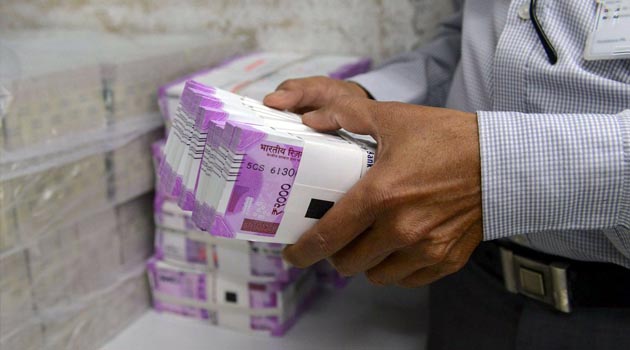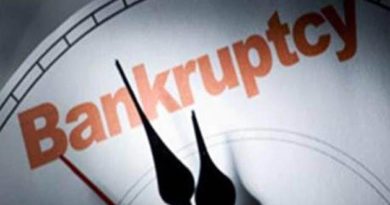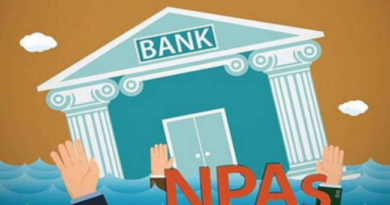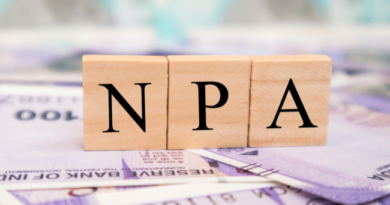Rs.83k-cr bank dues settled
Promoters defaulting over repayment of loans to the banks, settled their dues of around Rs 83,000 crores, in the fear of losing control over their companies. Data from MCA showed that over 2,100 companies have cleared their outstanding amounts. A majority of these came after the government amended the IBC to explicitly bar promoters of companies that were classified as non performing assets (NPAs) from bidding for those firms where the National Company Law Tribunal, the bankruptcy court, initiated action. A loan is classified as an NPA if dues are unpaid for 90 days.
The move had faced severe criticism from the corporate sector as top names in the industry — such as Ruias of Essar, Singals of Bhushan Group and Gaurs of Jaiprakash Group — were locked out of the resolution process and there were fears that the bids may not be aggressive, resulting in the lenders having to recover only asmall part of the loans.
The government had co- untered the criticism by arguing that the move was meant to ensure that the promoters did not walk away with the same asset at a heavy discount. A clause was, however, inserted that allowed the promoters to participate if they cleared the dues.
“The real success is the pressure on loan defaulters to clear dues. The borrowing and lending culture is changing because of IBC,” said a source on condition of anonymity.
The government is planning an ordinance that aims to ease rules for some of the entities that are currently on the banned list, although curbs on promoters bidding for projects will continue.
An analysis of 25 cases done by MCA, the ministry responsible for the implementation of IBC, has shown 100% recovery in five cases, over 75% in three cases, while in 15 cases the liquidation value was covered. Rest two were unknown.
The delay in resolution of the high-profile dozen cases had raised apprehensions in various quarters over the effectiveness of the legislation and its implementation. But Tata Steel’s acquisition of Bhushan Steel last week for around Rs 35,000 crore, along with 12% equity for lenders, has helped address concerns.




